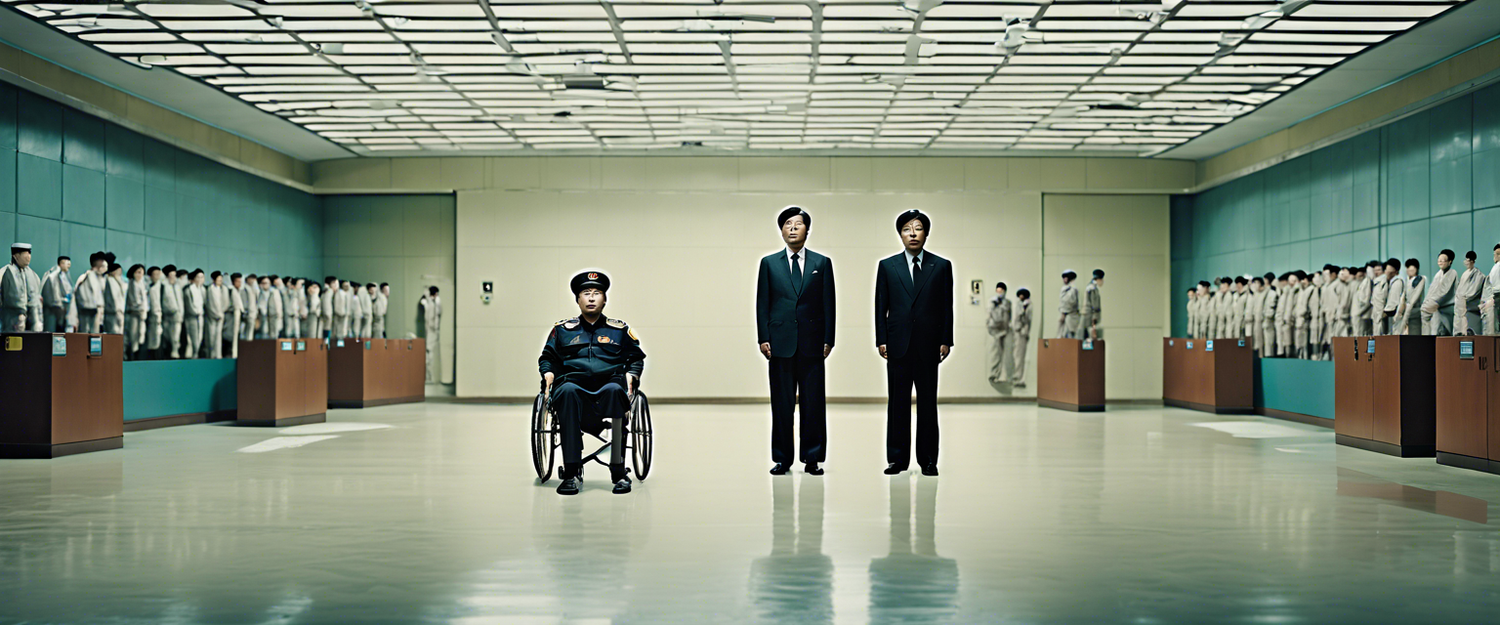South Korean President Yoon Suk Yeol Arrested: A Historical Event
In a groundbreaking event for South Korea, impeached president Yoon Suk Yeol has been arrested, marking a significant chapter in the nation’s political history. This unprecedented move makes Yoon the first sitting president in years to face such legal action. The focus of this article will explore the circumstances surrounding his arrest, the implications for South Korean politics, and how this reflects broader legal and democratic challenges in the region.
Timeline of Events Leading to the Arrest
The arrest occurred on January 15, following a controversial martial law ruling that Yoon declared on December 3. Here’s a brief timeline outlining the key events:
- December 3: Yoon Suk Yeol declares martial law.
- December 3, 6 hours later: South Korean legislature overrides the martial law decree.
- December 14: Yoon faces impeachment, just 11 days after the martial law declaration.
- January 15: Arrest executed by the Corruption Investigation Office at 10:33 am local time.
The Arrest and Its Implications
The arrest was a direct result of Yoon’s controversial governance and the martial law declaration. According to reports from Cointelegraph and Yonhap News Agency, Yoon was taken from his residence for questioning regarding his handling of the martial law decree. This situation has raised numerous questions about accountability at the highest levels of government and the protection of democratic values in South Korea.
Public Reaction
The public's response to the arrest has been mixed, with some applauding the move as a necessary step toward accountability, while others see it as a politically charged action against a leader struggling to navigate a complex political landscape.
Future of South Korean Politics
The implications of Yoon's arrest go beyond just one individual’s fate. They represent a larger crisis in governance and public trust. As South Korea navigates this political turmoil, it will be essential to observe how it impacts legislative processes, public policy, and civil rights in the coming months.
The Role of Media and Information
Information dissemination plays a critical role in how such events are perceived. The media's portrayal of Yoon's presidency and subsequent arrest will undoubtedly influence public opinion and political discourse in South Korea. Watching how media narratives shift will be essential as more facts come to light.
Conclusion
In summary, the arrest of Yoon Suk Yeol marks a historic moment in South Korean politics, raising crucial questions about governance, accountability, and the rule of law. It remains to be seen how this will affect the nation’s political landscape moving forward.
For Further Reading
To learn more about the implications of political arrests and accountability in governance, explore our articles on South Korea’s political history and the impact of media in democratic societies.



Yorum yazın
Tüm yorumlar yayınlanmadan önce incelenir.
Bu site hCaptcha ile korunuyor. Ayrıca bu site için hCaptcha Gizlilik Politikası ve Hizmet Şartları geçerlidir.